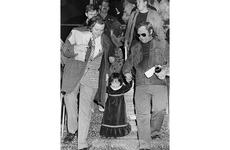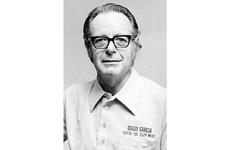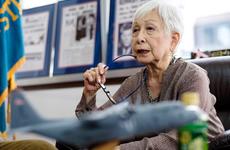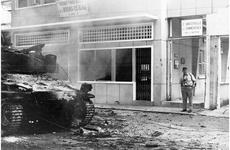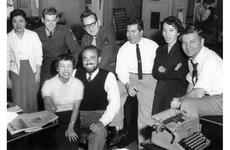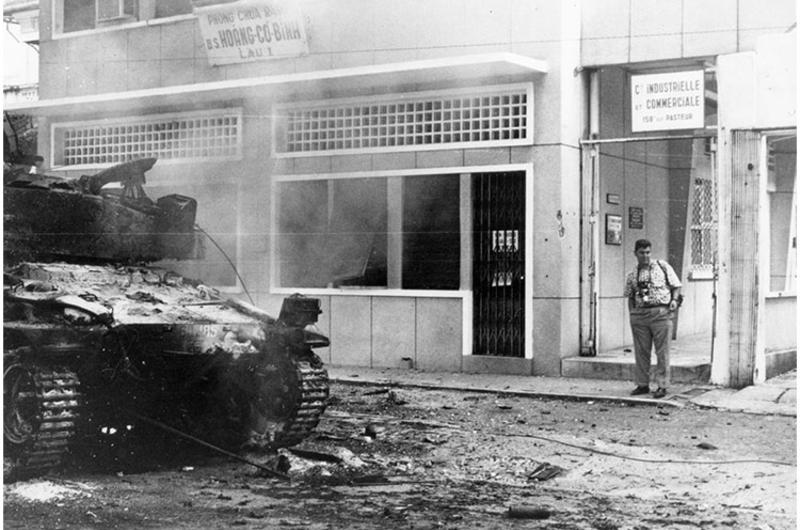
Our History
The cost of newsgathering
Pacific Stars and Stripes has lost two reporters in two wars — one a 37-year old veteran, the other a youngster only 24. I knew one only slightly and the other not at all.
-
Exclusive coverage of Olympic doping scandal catapulted former Stars and Stripes staffer’s career
Among them was former Stars and Stripes Pacific sports staffer Shelley Smith, who was about to get a huge career boost thanks to all that was breaking: “Ben Johnson has been caught taking drugs and is expected to be stripped of his 100-meter gold medal, according to International Olympic Committee sources,” the bulletin read from The Associated Press and other news services and sources.
-
The Pacific stars of Stripes
Stars and Stripes was meant to be a GI’s newspaper, so it should come as no surprise that many of the publication’s standout journalists were active-duty service members. Stars and Stripes’ Pacific staffers went on to work for “60 Minutes,” draw for Marvel Comics and snap photos for Life magazine.
-
Hal Drake, Reporter
A native of Santa Monica, Calif., Drake served 10 months in the Korean War as an artilleryman, viewing up close the carnage on Heartbreak Ridge. He applied for one of a handful of reporting jobs at Stars and Stripes and joined the Pacific staff in July 1956.
-
After wartime terror and defeat, a life rebuilt around America
Toshi Tokunaga Cooper and her coworkers listened on the radio as Emperor Hirohito announced Japan’s surrender to the Allies on Aug. 15, 1945.
-
The cost of newsgathering
Pacific Stars and Stripes has lost two reporters in two wars — one a 37-year old veteran, the other a youngster only 24. I knew one only slightly and the other not at all.
-
Toshi Cooper, Librarian
After wartime terror and defeat, a Japanese life is rebuilt around Stars and Stripes





